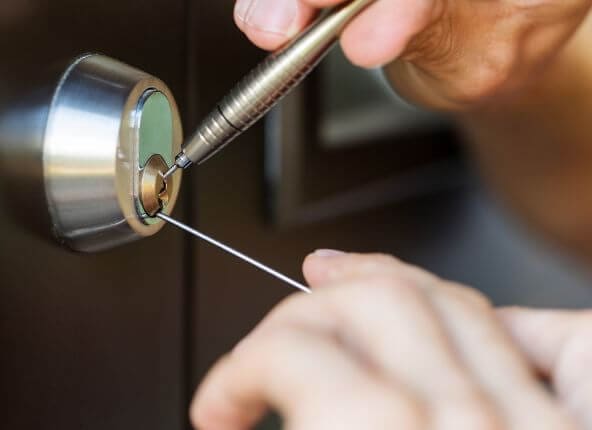
How Easy Is It To Bypass a Europrofile Lock Cylinder?
What is a Europrofile Lock Cylinder? Most people have at least one Europrofile lock cylinder...
As technology evolves, so does the way we protect our homes and businesses. Wireless security alarms have become increasingly popular due to their flexibility and advanced features. Whether you’re considering upgrading your current security system or installing a new one, here are five essential things you need to know about wireless security alarms.
One of the most significant advantages of a wireless security alarm is its ease of installation. Unlike traditional wired systems, wireless alarms do not require extensive drilling or complex wiring. This simplicity allows for quick setup and minimal disruption to your home or business environment. Additionally, the flexibility of wireless systems means you can easily add or move components as needed, accommodating changes in your premises or security needs without requiring professional help.
Wireless security alarms are at the forefront of leveraging cutting-edge technology. Most systems can seamlessly integrate with smart home devices, allowing you to manage your security alongside other home automation features from a single interface. This integration often includes remote monitoring through mobile apps, real-time alerts, and even the ability to sync with voice assistants like Alexa or Google Assistant.
The common misconception is that wireless security alarms are less reliable than their wired counterparts. However, modern wireless systems are equipped to maintain strong and secure connections. Features such as anti-jamming technology and battery backup systems ensure your wireless security alarm remains operational even during power outages or attempted signal disruptions.
The scalability of a wireless security alarm makes it an excellent choice for both small residences and large commercial spaces. You can start with a basic setup and expand your system as your budget and security needs grow. Customisation options allow you to include additional sensors, cameras, and other security devices, tailoring the system to fit your specific requirements.
Investing in a wireless security alarm can be cost-effective in the long run. The initial cost might be higher than a basic wired system, but the savings on installation labour, flexibility to upgrade or expand, and the potential to move the system to a new location add significant value. Furthermore, many insurance companies offer discounts on premiums for properties equipped with advanced security systems.
Wireless security alarms represent a modern solution to home and business security, blending convenience, technology, and reliability. Understanding these five key aspects can help you decide whether a wireless security alarm is the right choice for your security needs.
Q: Are wireless security alarms secure?
A: Yes, modern wireless security alarms use encrypted signals and advanced technology to prevent hacking and interference, making them highly secure. These systems often employ sophisticated encryption methods similar to those used in wireless banking and data transfer, ensuring that communications between your alarm’s sensors and the control panel are protected against cyber threats. Furthermore, many systems also include features such as frequency hopping and jamming detection to combat any attempts at signal interference, providing an additional layer of security.
Q: Can I install a wireless security alarm myself?
A: Many wireless systems are designed for DIY installation so that you can set them up yourself without much hassle. These systems typically come with user-friendly manuals and support materials to guide you through the process. However, while DIY installation can save you money on installation fees, consulting with a professional is recommended for optimal coverage and performance, especially in larger or more complex premises. Professionals can help assess your property to ensure that all areas are adequately covered and the system’s components are optimally placed for maximum effectiveness.
Q: How often do I need to replace the batteries in a wireless security alarm?
A: Battery life in a wireless security alarm varies depending on the system and usage, but typically, batteries need to be replaced every 1-2 years. This can vary with the specific components used; for instance, sensors placed in high-traffic areas may require more frequent battery changes due to their more frequent activation. Most modern systems are equipped with indicators that alert you when batteries are running low, ensuring you can replace them without compromising your security. It’s important to use high-quality batteries recommended by the manufacturer to guarantee the best performance and reliability of your wireless security alarm.
Contact us today and talk to your local experts in Wireless Security Alarms.

What is a Europrofile Lock Cylinder? Most people have at least one Europrofile lock cylinder...

Losing a car key or dealing with a broken one can be a frustrating experience...

If you’ve ever asked yourself that question, then this is the article for you. Consider...
Lorem ipsum dolor sit amet, consectetur adipiscing elit.
For further information about Amberley Security, please do not hesitate to get in touch. We are always happy to help.